Organizers

Inria - Scholar
Thomas Moreau is a researcher in the MIND team at Inria Saclay. He completed his Ph.D. in 2017 under the supervision of Nicolas Vayatis and Laurent Oudre at ENS Paris-Saclay, Université Paris-Saclay. His research interests include unsupervised learning for physiological time series and deep-learning methods for solving inverse problems. Thomas Moreau has experience in machine learning analysis of time series for brain signals. He is also involved in many open source projects such as Joblib, for parallel scientific computing, Benchopt, for reproducible benchmarks in machine learning and optimization, and Skada, a Python library for domain adaptation.
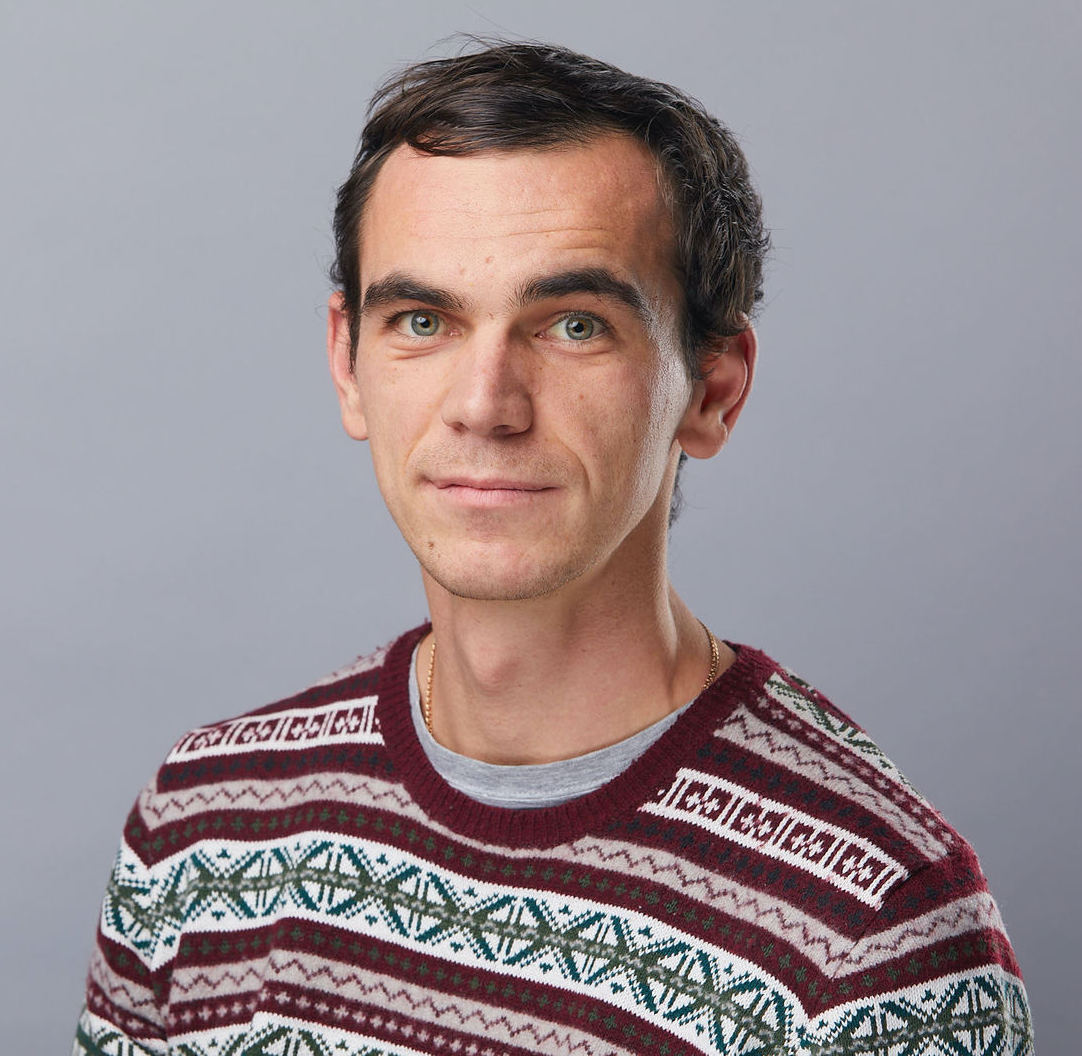
Noah's Ark Lab - Scholar
Ievgen Redko is a principal research scientist at Huawei Paris Noah’s Ark Lab. Previously, he was a visiting professor at Aalto University and the Finnish Center for Artificial Intelligence, where he worked in the Intelligent Robotics group. Before that, he was an associate professor at the University Jean Monnet in Saint-Etienne and INSA Lyon, where he worked on fundamental machine learning with applications in health-related areas. His main areas of interest are transfer learning, optimal transport, time series, and their real-world applications. His recent works include a strong supervised baseline for TSFMs (SAMformer, adapters for foundation models, and an open-source TSFMs for classification (Mantis). He is also a contributor to POT.
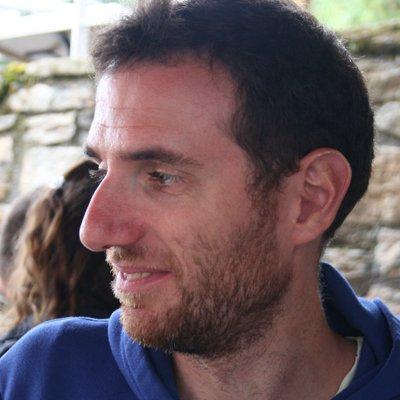
Univ. Rennes 2 - Scholar
Romain Tavenard is currently a full professor at the University of Rennes 2, following nine years as an assistant professor. He is affiliated with the IRISA laboratory. His work focuses on machine learning and indexing for time series data, specifically for environmental time series. He is also a member of Inria team MALT. He holds a Ph.D. from the University of Rennes, advised by Patrick Gros. Between 2011 and 2013, Prof. Tavenard was a post-doc at the Idiap Research Institute in the Perception group of Dr. Jean-Marc Odobez. Prof. Romain Tavenard brings extensive experience in remote sensing and time series analysis and is a core maintainer of the TSLearn, a Python library that provides machine learning tools for the analysis of time series.
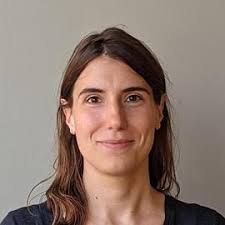
ServiceNow - Scholar
Valentina Zantedeschi is a Senior Research Scientist at ServiceNow, an Adjunct Professor at Laval University of Quebec, and a member of the ELLIS society. Her research focuses on building ML models that are inherently interpretable via latent discrete structures, with applications in remote sensing, time-varying modeling, and causal discovery. Previously, she was a post-doctoral researcher at INRIA and University College London, and a researcher at the European Space Agency’s funded FDL research accelerator, where she developed weather forecasting and change detection AI models. Valentina holds a PhD from Jean Monnet University (France) and received the best thesis award in 2019 from the French Society for AI (AFIA). She is a core contributor to Lag-Llama, an open-source foundation model for probabilistic time series forecasting and a benchmark for forecasting with contextual information (CiK benchmark).
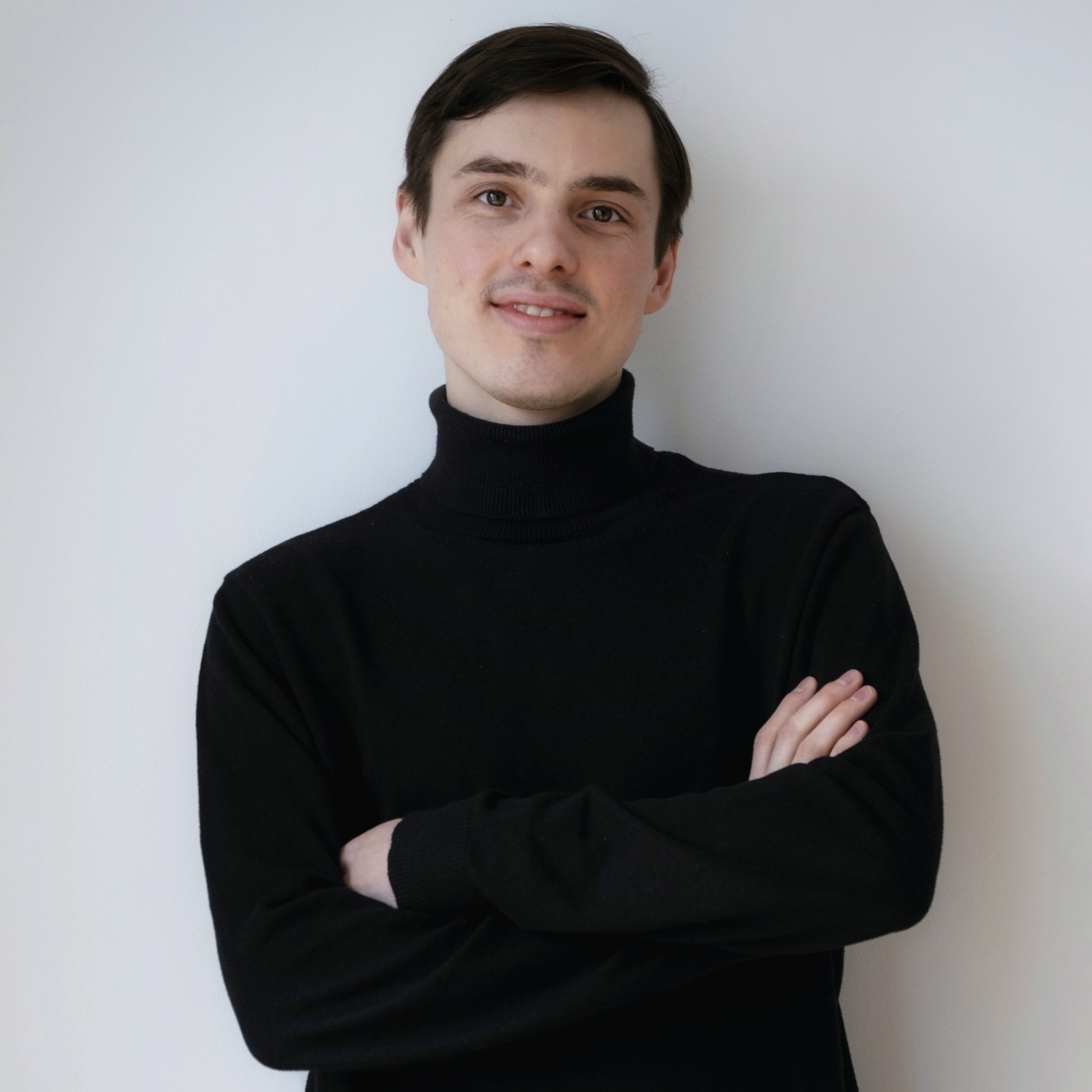
Noah's Ark Lab - Scholar
Vasilii Feofanov is a senior research scientist at Huawei Paris Noah’s Ark Lab and a member of the Time Series Research team. His current research focuses on transformers for time series, unsupervised analysis of pre-trained models, and self-training algorithms. Previously, he completed his Ph.D. under the supervision of Massih-Reza Amini and Emilie Devijver, working on theoretical and practical aspects of semi-supervised learning. Dr. Vasilii Feofanov worked on supervised baselines on par with current TSFMs (SAMformer), led the project on training a well-calibrated TSFM for classification (Mantis), studied adaptation of TSFMs to the multivariate case (AdaPTS), and OOD generalization.
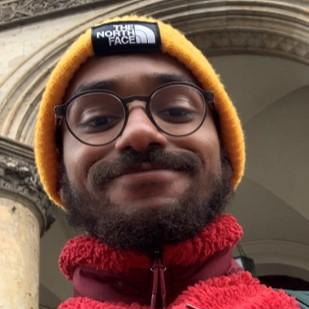
Inria - Scholar
Ambroise Odonnat is a Ph.D. student between Huawei Paris Noah’s Ark Lab and Inria, jointly supervised by Ievgen Redko, Romain Tavenard, and Laetitia Chapel. He obtained his Master’s degree at ENS Paris-Saclay in 2023 from the Mathematics, Vision, and Machine Learning (MVA) program. He also holds an engineering degree from École des Ponts ParisTech in mathematics and computer science. His research interests include better understanding and empirically improving transformers under distribution shift, and the optimization of neural networks. The end goal is to improve transformers’ robustness and interpretability for downstream tasks, such as time series forecasting (e.g., SAMformer). He is also a contributor of Skada, a Python library for domain adaptation.